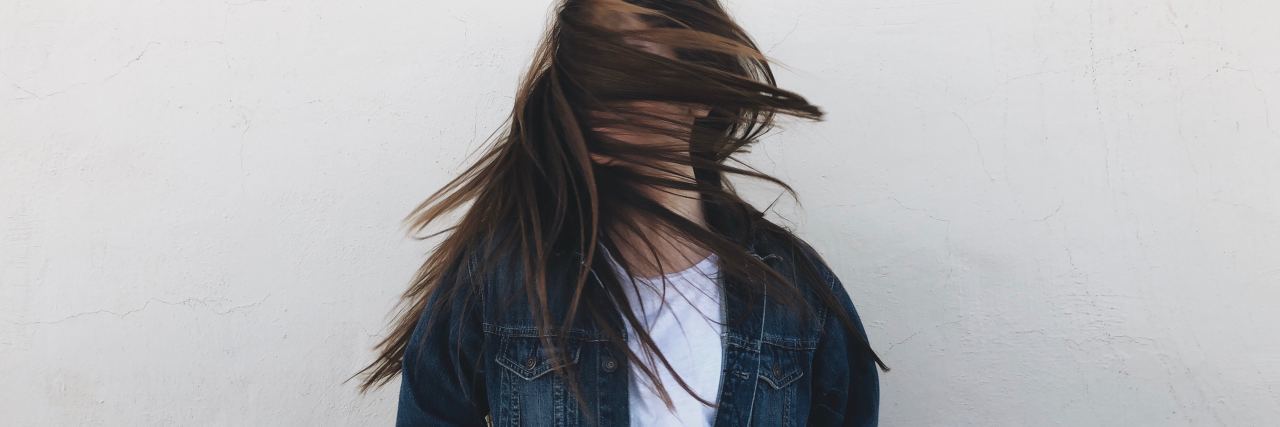I had my first panic attack at 23 years old following a big meeting at work. I rushed out of the office, feeling entirely out of control and ended up crying my eyes out in the shelter of my car. Now, looking back, I can see I coped with anxiety my whole life, but it wasn’t until post-college that it became debilitating.
The ironic part of my journey to unearthing my own mental illness is that I was working at a children’s mental health hospital during my discovery. This allowed me to see how a diagnosis of a mental illness as an adult versus a child made my journey unique. Don’t get me wrong, both are challenging in their own (and sometimes similar) ways, but here is what I noticed when facing the fact I had a mental illness as an adult:
1. It’s easy to tell yourself to “get a hold of yourself” or “snap out of it.”
When I discovered my mental illness, I had already lived a chunk of my life without the diagnosis. When things started to feel off, it felt natural to blame it on something situational or something I was doing wrong at the moment. I found myself saying things like “you were able to manage stress all your life; what is wrong with you now?”
2. You still have to go about caring for yourself and “adulting.”
My anxiety really took a grip of me during the work day and by the time I came home, I was flat-out exhausted. However, I didn’t live with anyone, so I still had to go about feeding myself, paying my bills and keeping everything going, despite my anxiety making me want to curl up in my bed and ignore all responsibilities. Discovering my anxiety disorder during my adult years meant I had to figure out how to cope with it while also balancing the whole “taking care of myself” thing.
3. It can be harder for your family to understand.
While I was telling myself to snap out of this (refer to number one), it was also a typical response from some of my family members. Now I was lucky they said it with love, but they were confused and unsure how to help me. I had coped with this throughout all my younger years; what was any different now? Except it was.
4. Professional help can really help you sort out what is going on.
Yes, it definitely felt like my whole world was a snow globe and someone just came by and shook the hell out of it. I was overwhelmed and honestly confused about what was going on with my body and why I couldn’t deal. Cue professional help! After a few months of trying my go-to coping skills and my anxiety getting worse (like, I didn’t even want to get out of bed in case it triggered my anxiety), I decided it was time to talk to someone. Thank goodness I did! Hearing a licensed professional tell you something is not right and this shouldn’t be happening was vital.
5. Most of all, there is hope!
While I am known for my drama queen tendencies, at first it did feel slightly impossible to cope with the anxiety and panic attacks in my adult years. How was I supposed to retrain my brain, after 24 years, to handle certain situations differently? No, it’s not easy, but yes it has been possible. It’s an ongoing journey, but overall I have learned there this hope and with the proper support and tools, anxiety can have less of a grip on my life.
Discovering you have a mental illness at any age can present challenges, and finding out about my diagnosis as an adult led me to some unique ones. I am grateful for discovering my anxiety because, with help, I can go on to live a healthy life.
Follow this journey on the author’s blog.
Photo by Hailey Reed on Unsplash

